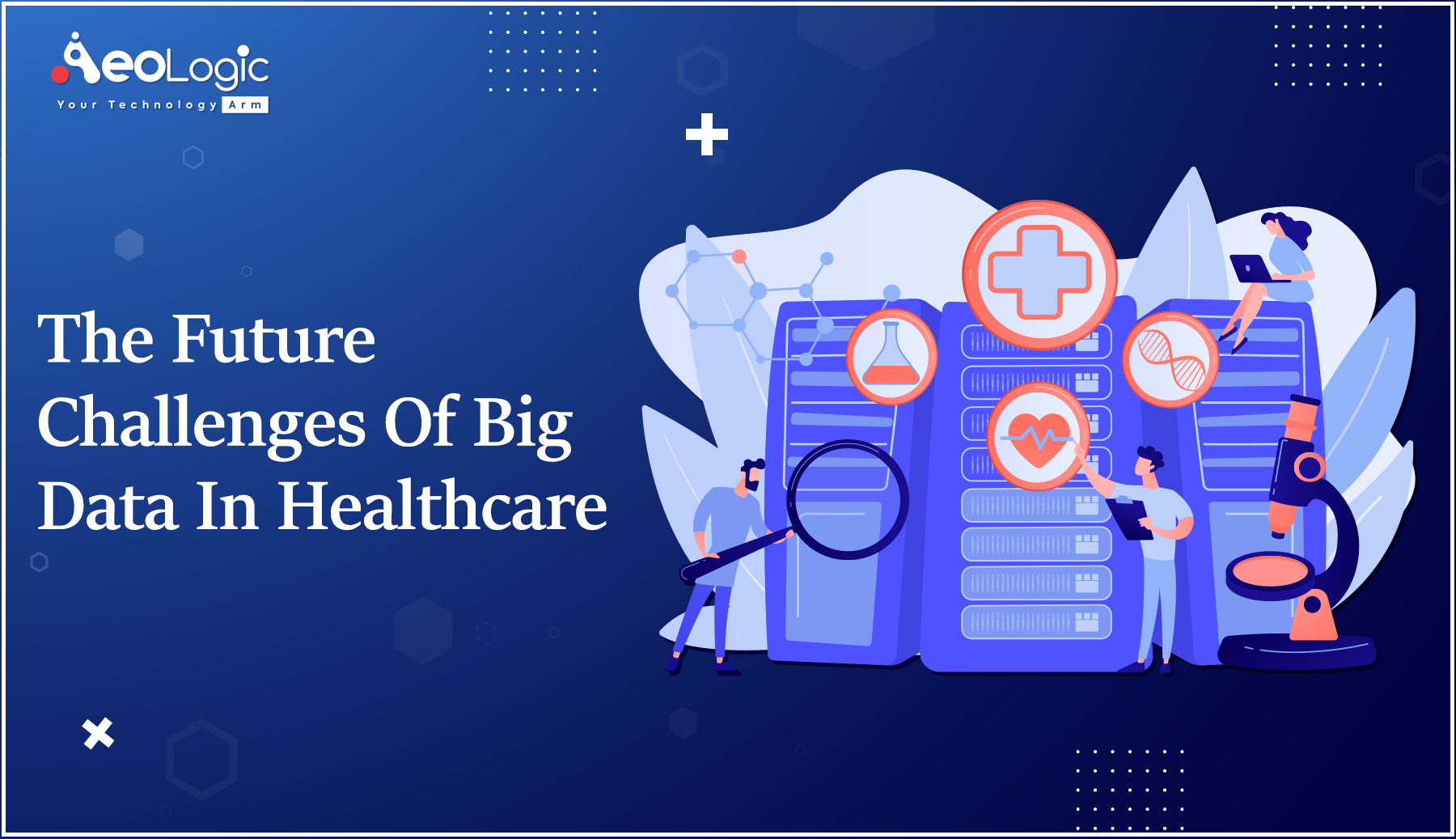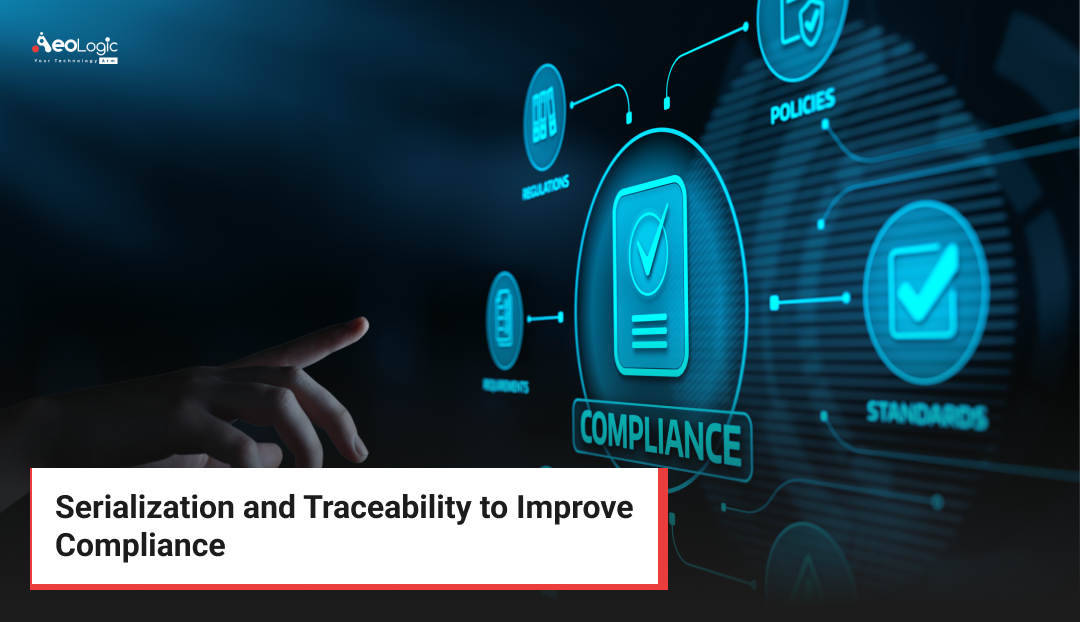Technology to interpret large amounts of data rapidly and accurately is known as big data.
In today’s world where everything seems to be data-driven big data is playing a vital role in interpreting information. This information can be of any type and from any sector, over the last decade the world has seen a massive shift to living life online this happened because of the level of ease, comfort, accessibility are a few of many benefits that it gives. But with these technologies tons and tons of data gets generated all these data gets managed by data tools.
Big data is successfully showing its capability of managing a large amount of data in various sectors such as manufacturing, agriculture industry, science, etc.
Challenges of Big Data in Healthcare
1. The Pandemic:
The pandemic of Covid-19 showed the world the power of technology, the popularity of virtual health is been in the limelight, the utilization of technology in increasing the efficiency of telehealth and remote patient care. It is quite evident that the gaps in the healthcare system will be effectively covered by implementing more artificial intelligence and big data in the healthcare industry.
Nowadays, health records are being generated electronically in the clinic itself which leads to opening up the possibility of applying big data technology to use the clinical data rapidly and provide accurate healthcare reports.
2) Physicians:
The result of implementing big data and artificial intelligence in the clinics will be that physicians are getting more access to clinical data than ever before. This enables the clinicians to have accurate and earlier access to the information of the patients having critical health leading them to mitigate poor prognosis.
3. External and Internal Patient Data:
The combined use of artificial intelligence and data models will be beneficial in recognizing both external (third parties) and internal (unauthorized healthcare workers) patient data breaches. Just like the banking sector. In order to minimize physician errors, these data analytics models have been developed and tested to enable the prediction of any risk and diagnostic accuracy to improve patient care.
This process of interpreting the data will lead to notifying the doctors of risk categories of different patients of different diseases. To improve the management of mass data of the patients artificial intelligence will be used in turning the data into a proactive solution to assist physicians to offer a higher level of healthcare. In managing the mass data
5. Data Privacy:
Big data involves interpretation of data, data that might be sensitive and carries private information of patients this is one of the most unique challenges of big data in healthcare. In order to optimum utilization of patient data as an asset rules and regulations for the patient’s privacy rights need to be amended.
5. Interpretation and Leveraging the Data:
Another unique challenge that big data struggles with is to get an understanding of interpreting and leveraging the data effectively. Managing the data effectively means having advanced computers that will be capable of handling datasets of every human who gets access to modern healthcare, these computers will be a way too expensive and space-consuming as well.
Conclusion:
To conclude we say that big data is an incredible discovery in the science community which has made collecting and gathering massive data into interpreting and leveraging it in simplicity. So the data is to be used in a clear and optimum direction. In healthcare, it offers tons of benefits and will make the functioning of healthcare more efficient and effective.

Manoj Kumar is a seasoned Digital Marketing Manager and passionate Tech Blogger with deep expertise in SEO, AI trends, and emerging digital technologies. He writes about innovative solutions that drive growth and transformation across industry.
Featured on – YOURSTORY | TECHSLING | ELEARNINGINDUSTRY | DATASCIENCECENTRAL | TIMESOFINDIA | MEDIUM | DATAFLOQ






